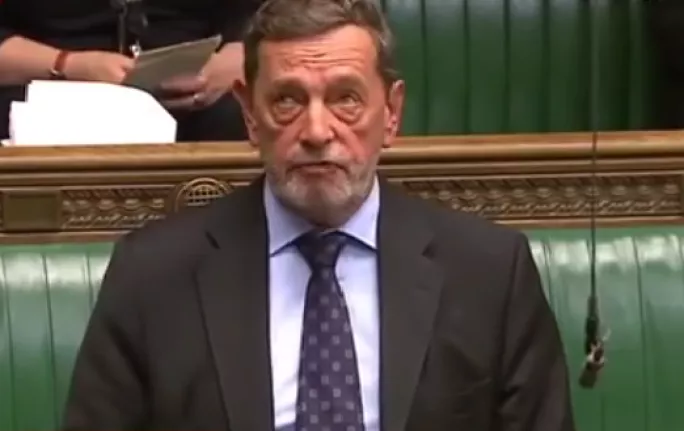Teacher leaders issue guarded welcome for Labour’s proposed regional education directors
Plans from the Labour party to tear up education reforms introduced by the coalition have been given a guarded welcome by teachers’ leaders.
Former education secretary David Blunkett published a raft of proposals this morning that would be introduced should Labour win next year’s general election, including a proposal to create a cadre of regional commissioners.
The 40 recommendations include plans for the role of 80 independent directors of school standards in cities and regions across England who would provide local oversight of education provision.
The proposals have been “fully accepted” by shadow education secretary Tristram Hunt, and would put an end to what Mr Blunkett described as a “Kafkaesque” control of schools from a single Whitehall department.
As well as new regional directors, the Labour backbencher proposed the introduction of “Kitemarks” to education organisations that do not fall under the remit of Ofsted.
He also called for the creation of so-called “education incubation zones” where schools in a certain category would be given additional resources and technology in a bid to raise standards.
Academy freedoms should be granted to all schools, academies should be able to move between academy chains and Ofsted should be allowed to inspect chains, he added.
The report was given a tentative welcome from classroom unions, which said it was time that schools were returned to local accountability.
Mary Bousted, general secretary of the Association of Teachers and Lecturers, said that introducing new directors of school standards could “end up putting Ofsted-like pressure on schools to conform to the latest political fad”.
“Teachers will be sceptical about whether new education bodies, such as community trusts and education incubation zones, will make a difference,” Dr Bousted said. “But if they provide good quality training and help state schools to improve, they will provide a stark contrast to undemocratic academy chains. We welcome the commitment to retaining local authorities’ involvement in education.”
But she warned: “The government needs to spend time building a consensus with the profession, which is open to innovation and improvements, rather than dictating changes from a position of ignorance.”
Her comments were echoed by Chris Keates, general secretary of the NASUWT, who said “serious fault lines” had appeared across the education landscape, adding that reforms introduced by Michael Gove had “weakened democratic accountability”.
“The Blunkett Review indicates that while there is waste and inefficiency in the system, it can be tackled through regulation, effective accountability and better local strategic coordination of education,” Ms Keates said.
But she warned that proposals such as allowing “groups of schools to be ‘floated off’ to new sponsors” could be “damaging” and added that “the devil would be in the detail”.
The current school landscape was heavily criticised by Mr Blunkett in his report, including the way that schools report directly to the secretary of state via the free school and academy programmes.
The set-up had enabled problems such as those that resulted in the impending partial closure of Al-Madinah Free School in Derby, Mr Blunkett warned.
Such contracts had made a “mockery” of the coalition’s claims of introducing “localism” to the sector, adding that the logical conclusion of the current system would be over 20,000 “autonomous” schools and an “an unmanageable Kafkaesque caricature freeing schools from everything except the secretary of state”.
Mr Hunt said: “David’s record on raising school standards speaks for itself. This is an incredibly important report.
“Under Michael Gove, schools are being left to ‘sink or swim’ - more than 1.5 million children are in under-performing schools. That’s why Labour will introduce new and robust local oversight of all schools to raise standards.”
But the Department for Education dismissed the claims, stating that free schools and academies were held “more rigorously to account than council-run schools”.
“Since its inception, the academies programme has freed schools from interference by politicians and bureaucrats and put teachers back in the driving seat,” a DfE spokesman said.
“It is thanks to this government’s reforms - including the expansion of the academies programme - that the number of pupils being taught in failing secondary schools has fallen by 250,000 since 2010.”
Keep reading for just £1 per month
You've reached your limit of free articles this month. Subscribe for £1 per month for three months and get:
- Unlimited access to all Tes magazine content
- Exclusive subscriber-only stories
- Award-winning email newsletters




